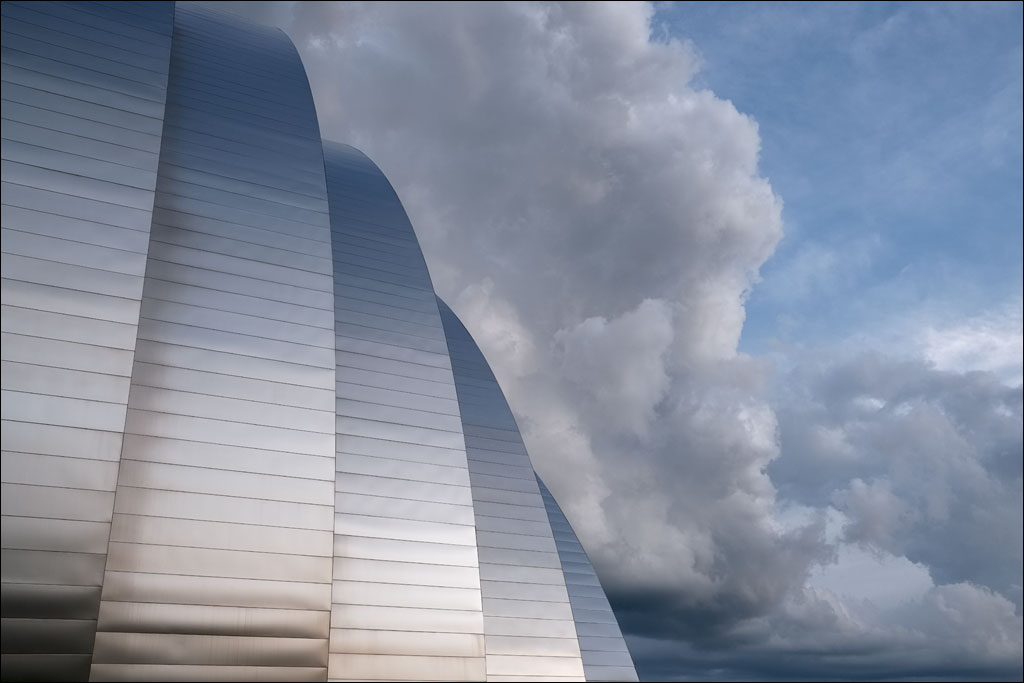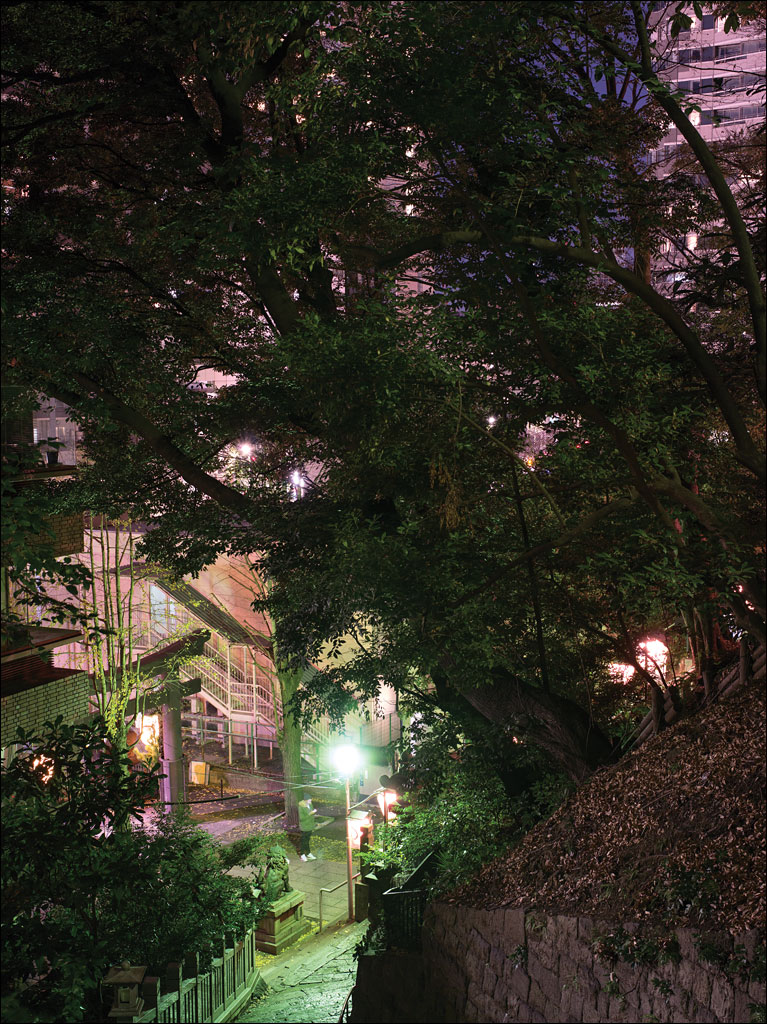Hi.
I am struggling to make photographs that aren’t terrible, and one of the repeating themes is a point of focus in the image. Or more accurately no one point of focus. I’m working on a photo project that focusses on three locations and the people that are in these locations, and they are all incredibly complex. Think scrap yards on land where the background is a city.
I will share some images when I get back to my home PC but wanted to start the discussion. I’m really lost here. I keep thinking I’m not close enough, it’s hard to find a strong composition, and with everything being similar is colours range and level it becomes quite a bland image.
I am struggling to make photographs that aren’t terrible, and one of the repeating themes is a point of focus in the image. Or more accurately no one point of focus. I’m working on a photo project that focusses on three locations and the people that are in these locations, and they are all incredibly complex. Think scrap yards on land where the background is a city.
I will share some images when I get back to my home PC but wanted to start the discussion. I’m really lost here. I keep thinking I’m not close enough, it’s hard to find a strong composition, and with everything being similar is colours range and level it becomes quite a bland image.





